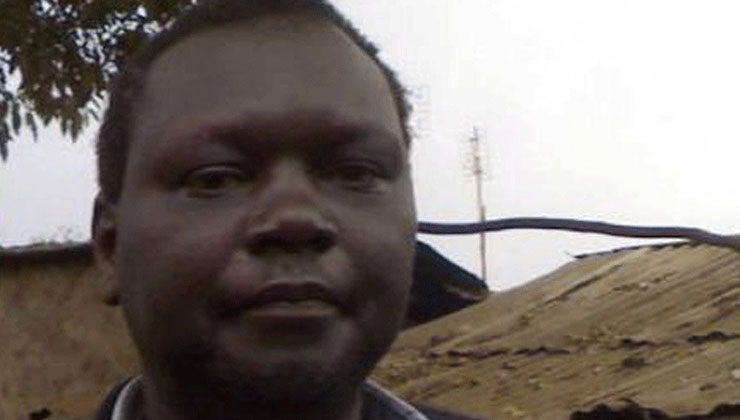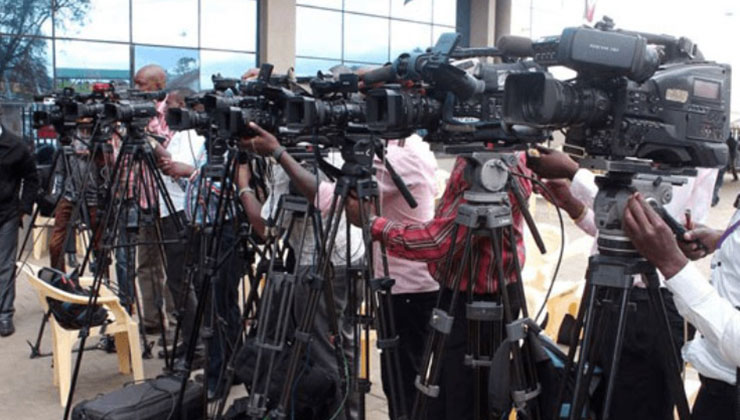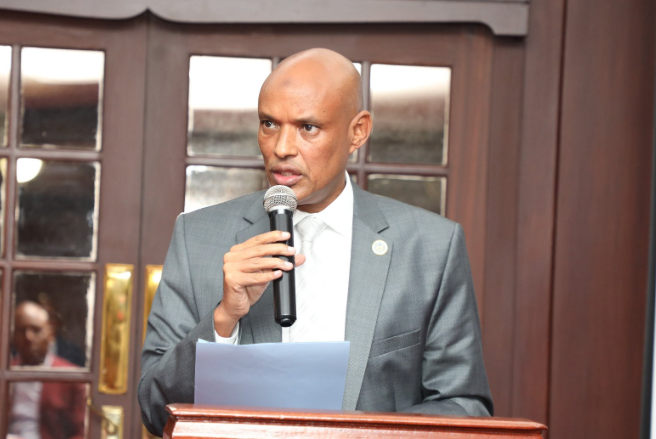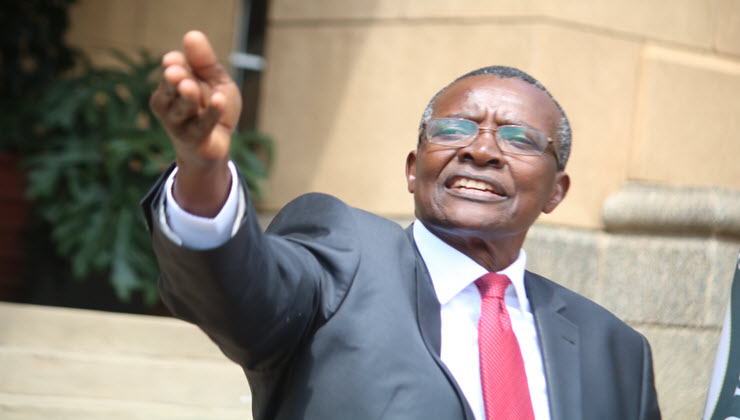Kenya celebrates World Press Freedom Day amid journalists harassments, COVID-19 blow
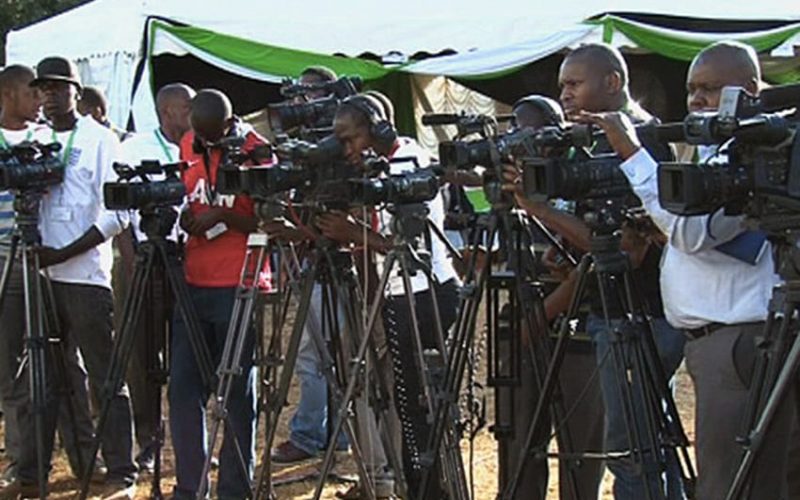
Kenya celebrates World Press Freedom Day with the rest of the world on Monday, May 3 as journalists in the country work under very strenuous conditions occasioned by the COVID-19 pandemic and physical attacks and harassment of journalists by police and other state officers.
Since the first Covid-19 case was reported in March 2020, many journalists have been reporting from the front lines of this health crisis, and too many have faced censorship, intimidation or violence.
According to rights groups, over 600 journalists have been retrenched, many have endured pay cuts while others endure long delays in salary payment during the pandemic .
A September 2020 report published by Article 19, a human rights organisation that promotes freedom of expression, indicated that at least 48 journalists had been attacked or restrained from doing their work during the pandemic.
The various reports and rankings measure the degree of freedom available to traditional journalists working in established media outlets. They show that mainstream media houses have been hardest hit by these challenges.
The attack on David Omurunga, a journalist at Milele FM who was accosted by police officers along Mburu Gichua Road in Nakuru Town as he left office depicts how the security personnel in Kenya have curtailed press freedom.
Early last month, the Media Council of Kenya (MCK) Chief Executive Officer (CEO) David Omwoyo condemned harassment of journalists by police enforcing lockdown in Nakuru county. Despite journalists being listed as essential service providers, police continue to harass and assault journalists.
In the month of April, an investigative report aired by an established media house rubbed law enforcement agencies the wrong way after the expose revealed how police allegedly collude with criminal gangs in carrying out criminal activtities.
After the expose, law enforcement agencies said they would summon media managers of that station to help in investigations. MCK responded to the summons with its CEO noting that the fundamental rights of journalists were at risk of being violated through the summons issued to the stations’ bosses.
Taking to her twitter account on Monday, May 3, Jane Marriott, the British High Commissioner to Kenya said, “Media freedom is the beating heart of a functioning democracy. We need an independent and sustainable media, with laws, policies and professionals to serve society.”
The British High Commissioner while pledging its government’s commitment in advocating for press freedom added, “we need investigative journalists. We need a media to hold power to account. And we need journalists to be safe in their endeavour, working without interference. The UK will defend and promote a free and fair global media, for all our sakes.”
“We politicians may not always like what the media has to say, but it is a vital part of a free and open society. We salute you for what you do, and are here to support your work,” Marriott stated.
The theme for this year’s celebrations is Information as a Public Good which is a call to affirm the importance of cherishing information and exploring what can be done in the production, distribution, and reception of content to strengthen journalism, and to advance transparency and empowerment while leaving no one behind.
As Kenya celebrates press freedom day, a new programme has recently begun operating in Nairobi, Mombasa and Kisumu counties, with a particular focus on supporting data journalism and female journalists. One recent example of its work is compiling the important report launched today on media freedoms in Kenya, building awareness on legal frameworks and rights, and supporting accuracy and fact-checking in the digital space.
This year’s celebration will be presided over by National Assembly Speaker Justine Muturi.
